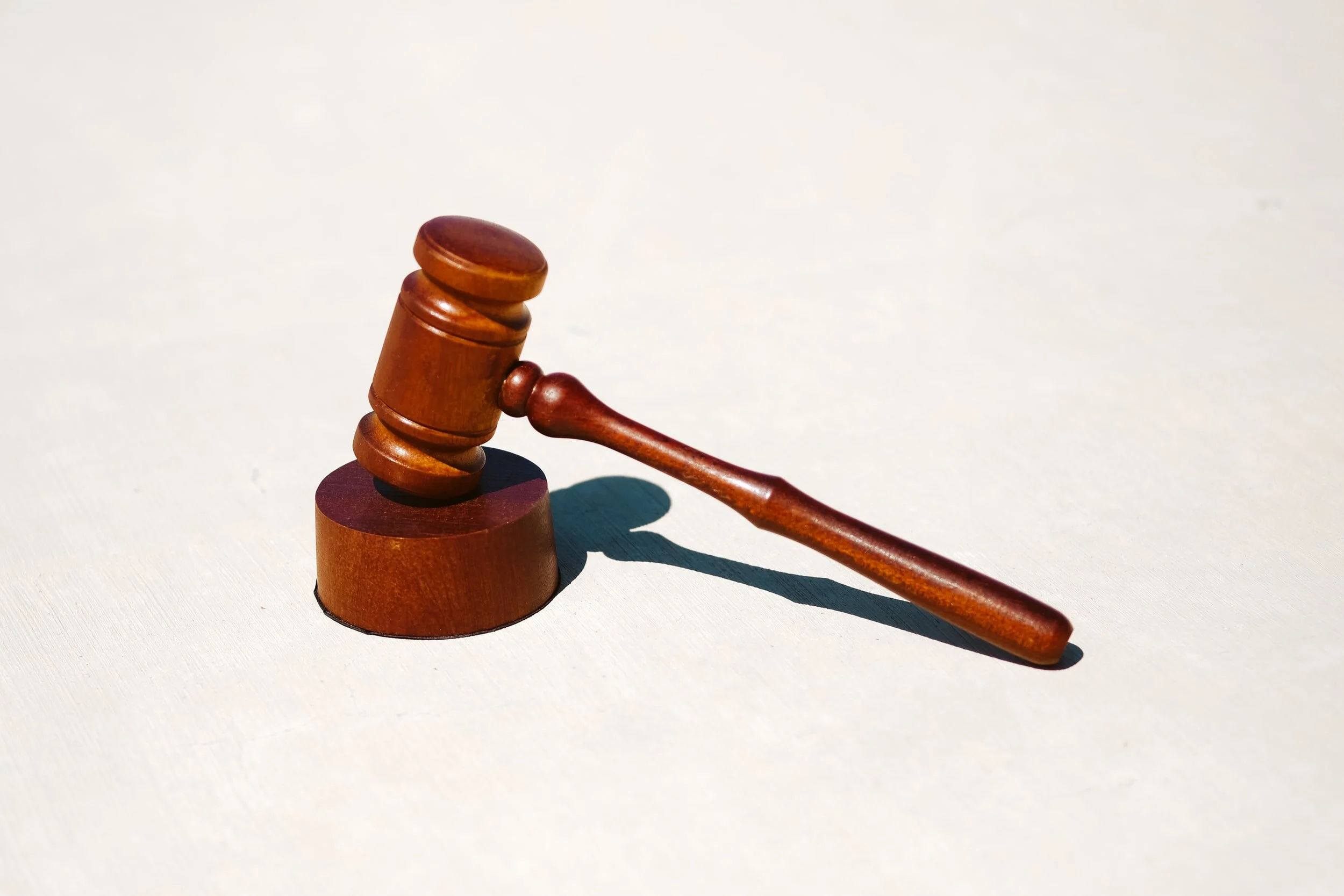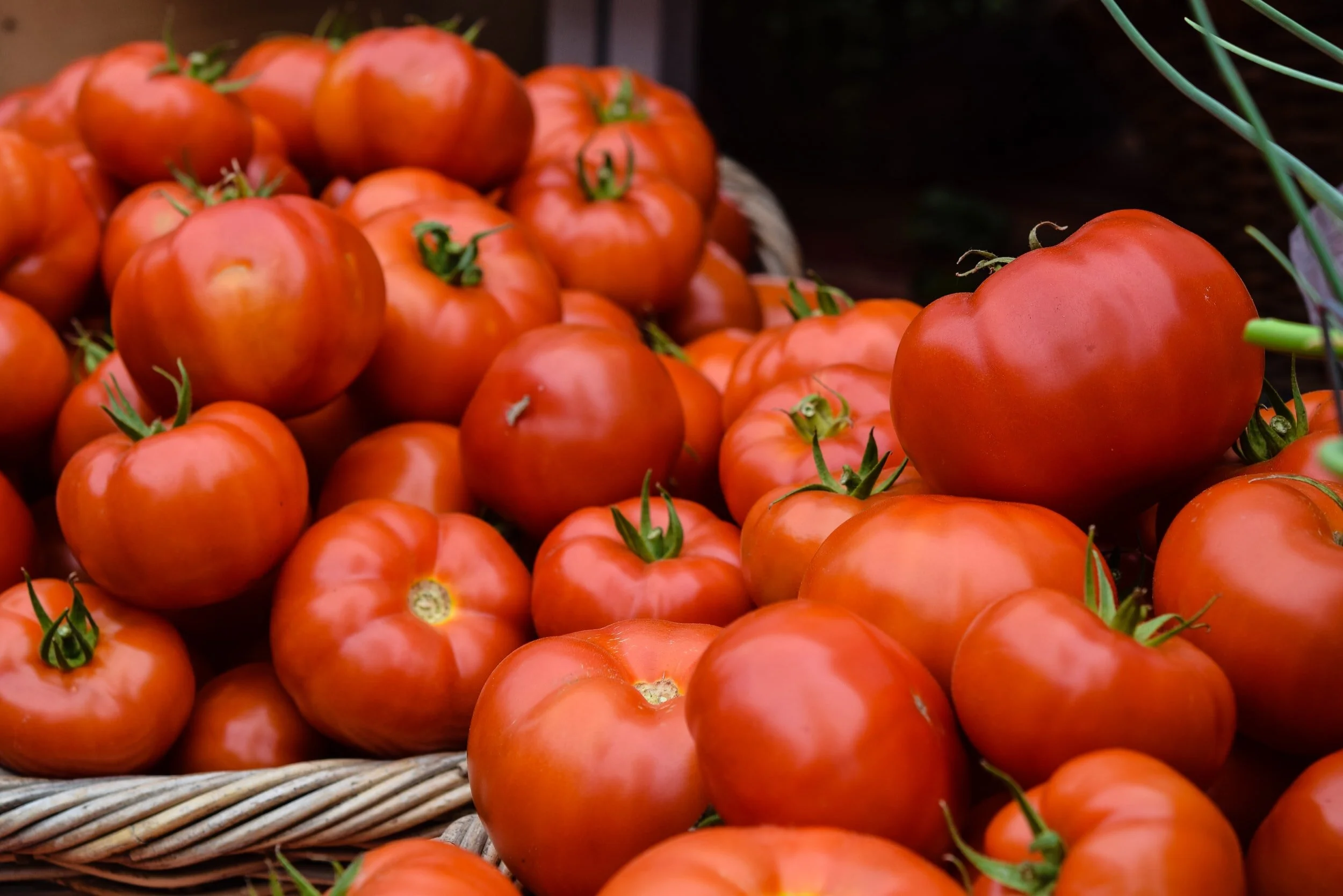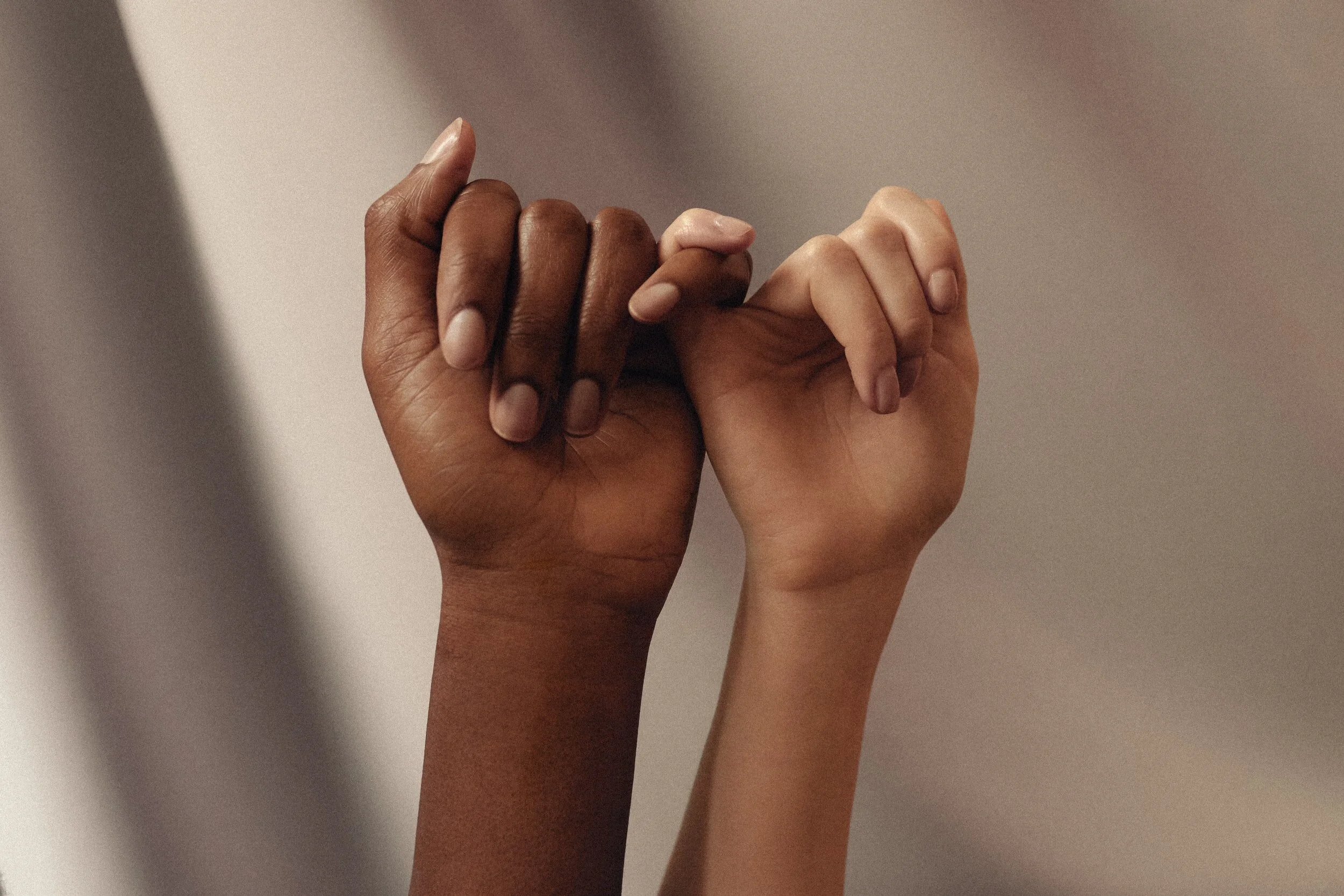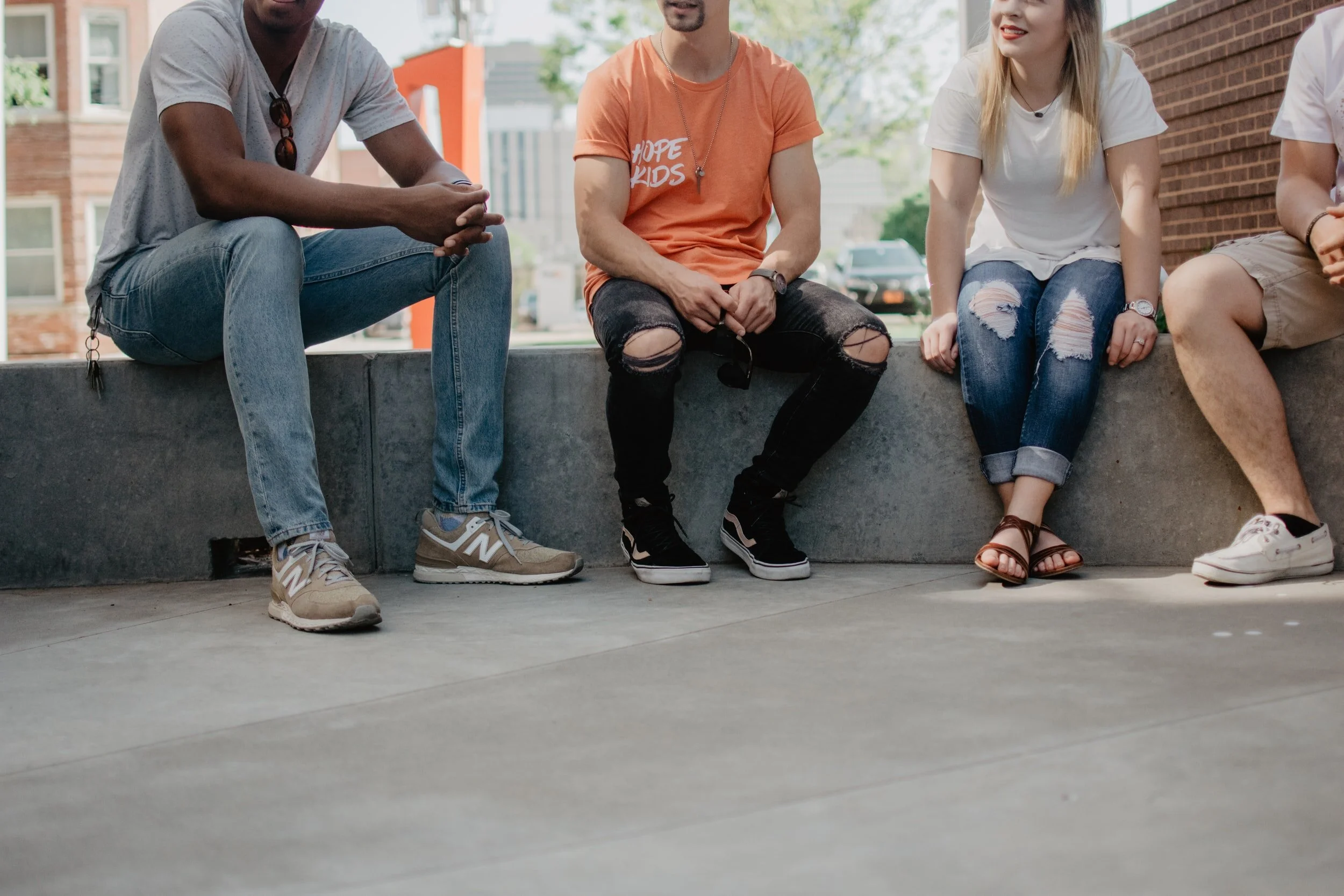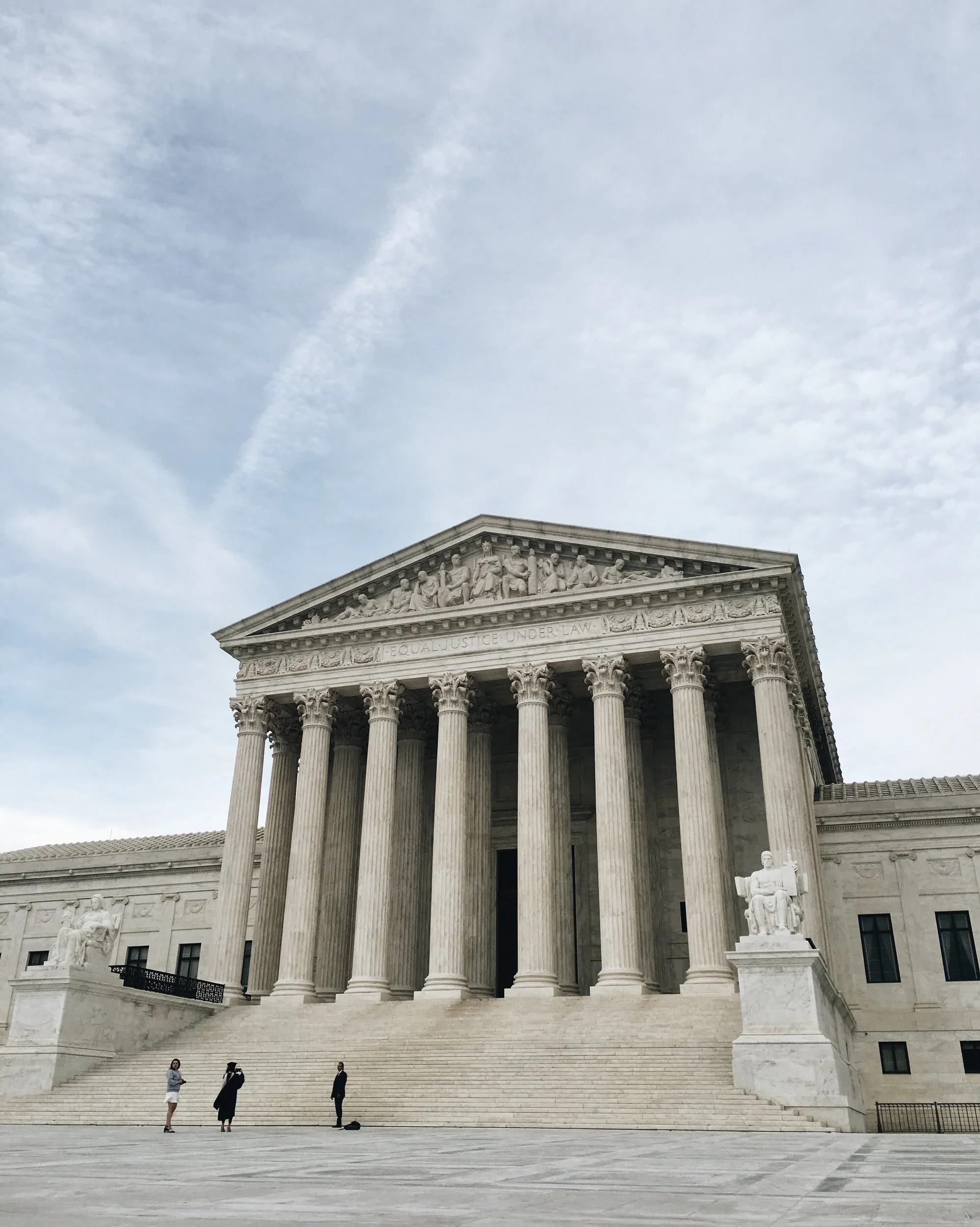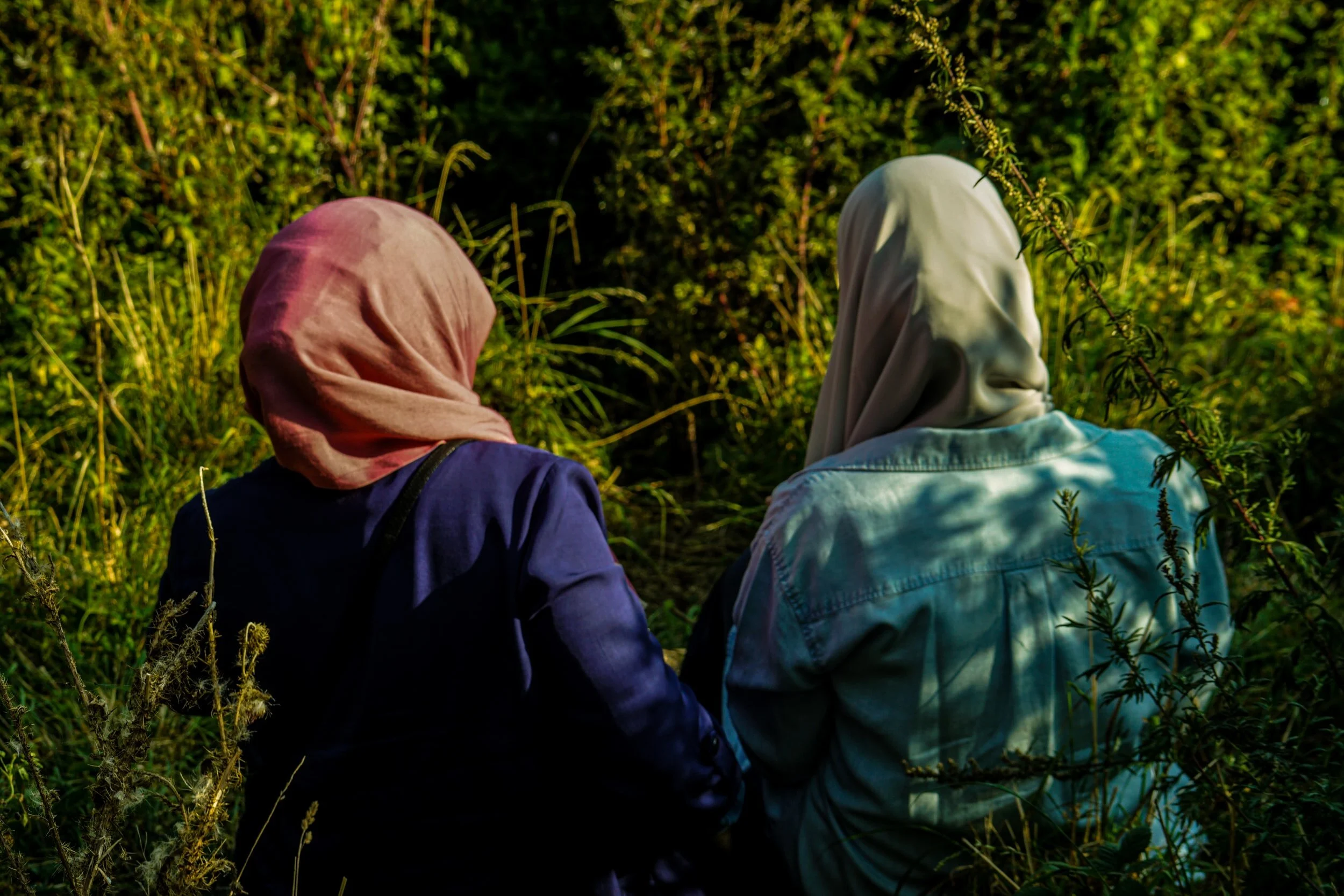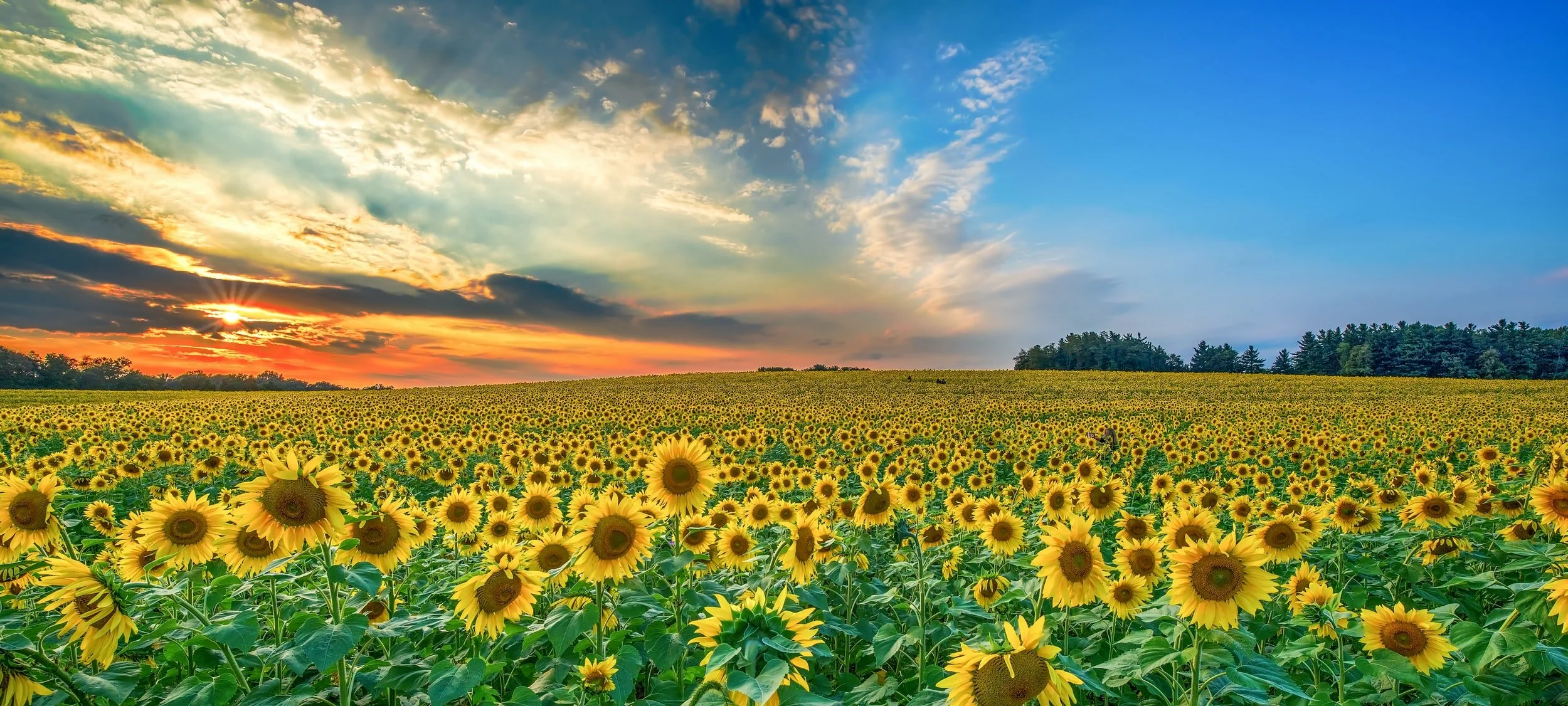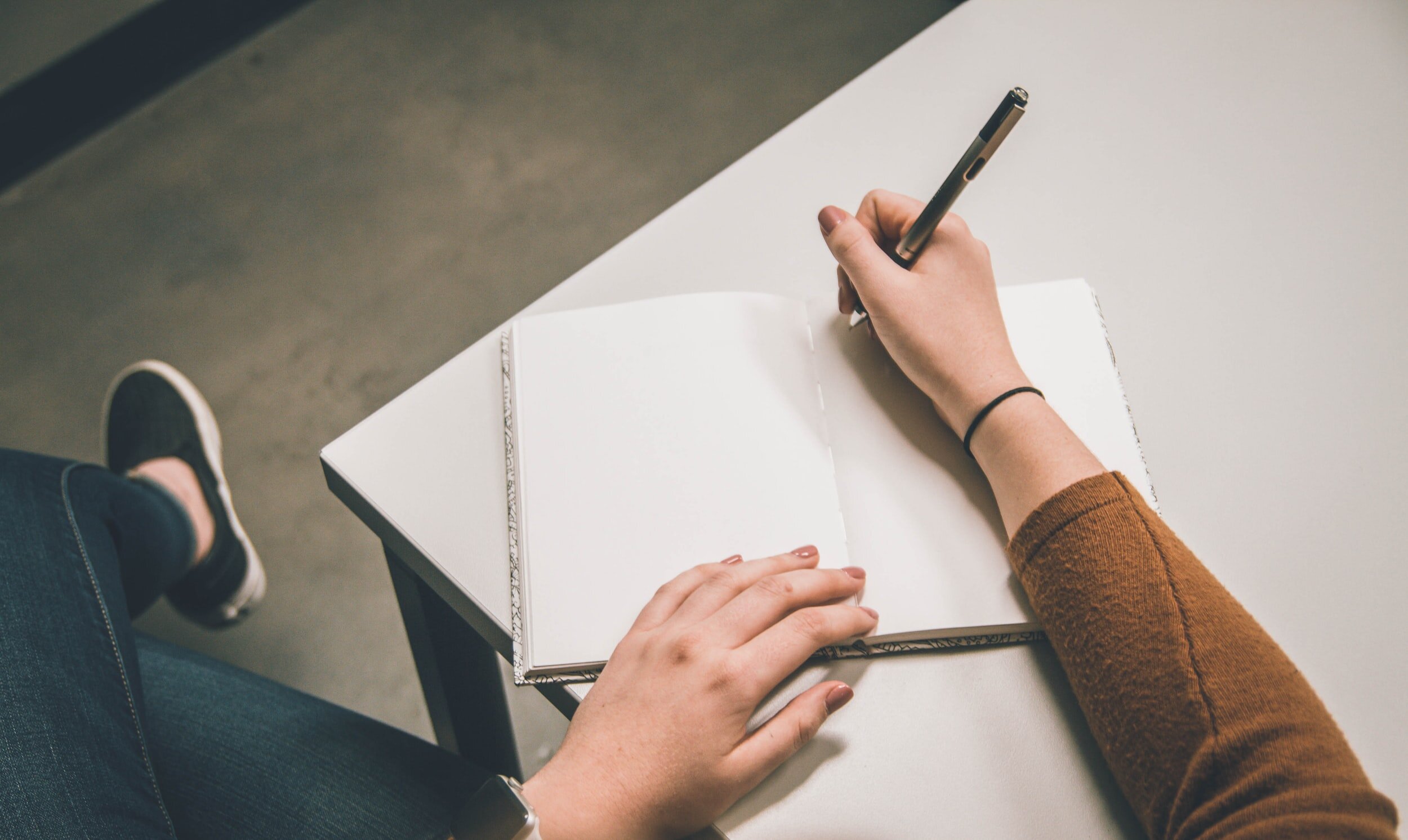
PUBLICATIONS
THE GAVEL #1 ‘THE AMONG US ISSUE’ (2021)
The rain drizzled around me like shards of disillusionment as I turned the last page of A Secret Australia: Revealed by the WikiLeaks Exposes, edited by Felicity Ruby and Peter Cronau. The collection of essays by barristers, journalists, researchers, and public servants provided hard evidence for what I had long known but not always been able to articulate: that the Australian Government favours their US alliance over our lives, economy, and well-being.
By Ashton Darracott
I feel like I have reached the point in my journey as a law student when it is time to give a shout out to all the Jim Halperts and Leslie Knopes of the workforce and university life. Because while the characters from the TV shows The Office and Parks & Recreation are fictional, it always amazes me that there are always real-life people among us that act like those characters. They make the real world that I live in a real world that I want to live in.
By Gideon Caturla
The Truth Hurts by Andrew Boe is 'an unflinching exploration of the fault lines in our justice system by an outsider who found his way in.' Written by a Burmese refugee to Australia in the seventies to a celebrated/hated career in criminal law, the book explores some of the cases that have haunted Boe.
By Ashton Darracott
An afternoon of hair and makeup work is running down my body. I feel a fire in my veins and brimstone in the air and I could go all night. I’ve been in this club for probably an hour now, my first time here. I followed Ada. Her muscles flex, her skin shines under the lights, eyes looking at things I cannot see. Venom fills me. I want her to look at me, see how much work I've done to keep up with her. I sway my hips and legs like I’ve seen from the videos, gyrating as I practised before my mirror. My limbs are loose, free. I feel so free, more than I ever have before. I feel hotter than I did in front of the mirror. So hot. So hot. Why isn’t Ada looking at me?
By Amanda Hubert
We still all lived together, after it happened. We learnt to creep through the house at different times: my mother favoured the morning, my father the afternoon. I ventured out of my bedroom only in the deep of the night. When the house was like that – still and cold – it was like nothing had ever changed.
By Ciaran Greig
The joke falls flat.
The air leaves the room.
I try and save the moment,
but my tongue has weaved
into a constrictors knot.
By Jakeb Smith
someone in my assignment group turns to me and asks
what would you change?
about the world? i wonder
about myself?
By Jackson Machado
It’s Monday so legally you can’t sleep in
you grab your toothbrush with the bristles layed like a crop circle and your
empty tube of toothpaste that’s merely a prop to prompt the rhythm and it’s
12pm and it’s
4pm and it’s
ok time to fucking function now and it’s *jump cuts*
By Jackson Machado
It all changes when those goggles are worn, and that red suit is placed upon us. When the title of 'impostor' is donned, is it something that is forced upon us or is it something that we choose to crown ourselves with? As humans, we often inadvertently place ourselves in positions that force our hand, whether the outcome is something we crave or dread. Our behaviour in these scenarios can only be described as a component in the machine that is the human condition. However, in these components, we can see clear parallels from the most recent pop-culture video game, 'Among Us'.
By Shaiming Lee
Last November, amidst the usual panic of end-of-semester exams, one particular overseas event gripped the attention of not only many QUT law students but also of people all around the world: the 2020 U.S. presidential election. The election inspired widespread hope that the Biden administration would usher in a new era of diplomacy, compassion and civility in global politics. However, it has also left many people puzzled by the United States’ unusual method of electing its head of state and government.
By Morgan Lynch
Football and competition law are not usually two phrases one might hear in the same sentence. However, that changed recently when news broke of a new ‘rebel’ competition in Europe. On the 18th of April 2021, twelve association football clubs from England, Spain and Italy in a blatant grab for money announced they were forming their own competition named the European Super League (‘ESL’). The competition was decried by fans, pundits, and politicians alike because of the exclusivity that the ESL structure would usher into European football. Regardless, the announcement was not surprising, with the move being emblematic of the fact that these clubs are now global brands with passionless international fans, imported millionaire players and foreign billionaire owners.
By Matthew Adams
Cherbourg is a town in the Aboriginal Shire of Cherbourg in Queensland. It is located in Wakka Wakka tribal boundaries, near the border of Gubbi Gubbi territory, and about three hours’ drive north west of Brisbane. As part of an elective subject, I collaborated with a community organisation in Cherbourg in Semester 1, 2021. All I knew about the town when I applied for the elective was that Cherbourg had the unenviable title as the most disadvantaged local government area in Australia. In fact, what I saw when I visited was a town that is resilient, vibrant, and fighting for self-determination.
By Catherine Bugler
When you think about it, the popular new game ‘Among Us’ and law school are troublingly similar. A crew of assorted individuals are thrown together and asked to complete assignment after assignment, while a random selection, unbeknownst to most, are identified as imposters, with the sole task of pretending to fit in with their peers, while covertly working to undermine and deceive teammates.
By Bella Busby
Life, for each one of us, has its own meanings and expectations. Forging through life day after day and trying to make these dreams and expectations we hold for ourselves a reality is a task which most are often too afraid or unable to do. Among us are dreamers who were forced to relinquish their aspirations simply because it was too far from their reality.
By Anielle Rosemond
Throughout her career, Taylor Swift has been characterised by many stereotypes. America’s sweetheart. A ‘snake’. And, like many other Americans before her, ‘extremely litigious’. To fully understand the role of Taylor Swift as both a modern poet and a magnet of legal disputes a brief overview of these disputes is necessary:
By Alexandra Feeney
TORTS ILLUSTRATED 2.5. BEGIN AGAIN (2020)
Imposter syndrome, imposter phenomenon, imposterism, fraud syndrome, and all its other iterations, is something that almost every person carries in their vocabulary nowadays. Coined in 1978 by two psychologists, Dr Pauline Clance and Dr Suzanne Imes, the imposter phenomenon describes an individual’s feelings of fraudulence and not being deserving of their achievements or accolades in the face of external evidence that they are in fact competent and capable.
By Ashton Darracott
Morgan Lynch provides a short summary of Clive Palmer’s challenge to the constitutionality of state border closures (as at 26 September) On 22 May 2020, Queensland businessman and politician Clive Palmer was denied entry into Western Australia, which had closed its borders to the rest of the country on 5 April. In response, he launched a High Court challenge to the WA border closure on the basis the restrictions breached Section 92 of the Commonwealth Constitution.
By Morgan Lynch
‘Just watch an episode of Bluey’ a friend told me at work.
I was a bit confused by this recommendation, I was aware of the show but as a twenty-one-year-old who does not spend much time with young kids, my post- exam watch list included shows like Schitt’s Creek or the Crown, probably not a children’s show. But I had a spare hour recently and thought to myself, ‘why not?’ I went to ABC iview and I watched a few of the seven-minute episodes. I have to say I thought it was brilliant.
By Alex White
Did you know that as of January 1 this year, Queensland effected human rights legislation? The objectives of the Human Rights Act 2019 (Qld) (the Act) describe the new laws as means to protect and promote human rights, to build a culture in the Queensland public sector that respects and promotes those human rights, and to promote dialogue about the nature, meaning and scope of human rights. The objectives are hopeful and wholesome, but at this point in time, the practical application of enforcing the contained human rights provisions lack some teeth.
By Ashton Darracott
He’s a world-leading researcher in automated decision making and intellectual property, but our new Dean Professor Dan Hunter is also a start-up entrepreneur and the only Law Dean in Australia who plays video games (well, probably). Catherine Bugler spoke to Dan about university post-COVID and how he defines success.
Interview conducted by Catherine Bugler
According to the Law Society of New South Wales’ annual National Profile of the Profession report, almost 52 percent of all lawyers in Australia identified as female in 2018. Yet not all too long ago, women were not permitted to enter into law school and not permitted to be admitted into the profession. Two pioneering women set on paths almost simultaneously to see that hurdle removed.
By Ashton Darracott
Steady ... steady ...
Nervously my hand begins to shake.
Holding my breath, too scared to breathe,
My concentration must not break.
By Dalmayne Thamm
I admit as an author; I’m full of naive dreams and hopes about our species. In this article, I’ve only touched the surface that is the vast space of law that is space law. Space law certainly has areas where one can be skeptical of, certainly with regards to commercial practicalities, SETI (highly recommend you look into this rabbit hole) and the issue of custom as well as celestial bodies. However, my naivety is not without warrant.
By Gideon Caturla
TORTS ILLUSTRATED: NEW DECADE, NEW HORIZONS (2020)
The end of the 2010s and beginning of the 2020s have been host to some of the most dramatic international and political developments in recent history. With Britain officially parting ways with the European Union (EU) in January this year, and many people both within and outside the United States hopeful for an end to the Trump presidency following the upcoming 2020 American election, this is opportune time to critically examine the way elections are conducted not just in Australia, but all democratic nations across the world. And the perfect place to start may just be a debate about the merits of mandatory voting laws.
By Morgan Lynch
Humanity’s potential for innovation and creativity is seen throughout the history of the human race. We only have to look at the creations that the world’s inventors and designers have created to understand how far our collective level of technological progress has been made. It’s incredible to think of all the inventions that have come before our time and the inventions that will come in the near future. It is through these creations that we prove to ourselves that existing problems can be solved through inventions and our inner human thoughts can be expressed through art. Innovation and creativity is humanity’s hallmark. It is what sets us apart from all the animals on Earth. It begs the question where would we be without intellectual property (IP) stimulating such innovation and creativity?
By Gideon Caturla
I still remember the talk we were given in that LLB101 lecture back in 2016 when I started my law degree. Impostor syndrome. When you feel like you don’t belong, you’re missing something and everyone else is doing better than you. I’ll be honest, I felt a little impostor syndrome during my first year while I found my feet but this was NOTHING compared to what I would feel after returning to study after a leave of absence due to acquiring my disability.
By Cassandra Grey
Recently, I was appointed as the first ever (!!!) Gender and Sexuality Officer on the QUT Law Society. I’m really excited to be filling this position and I feel lucky to be able to help shape the role for years to come, but I’m also… dreading it a bit? Question mark? Let me explain.
By Rebecca Cohen
When was the last time you thought of high school? It is a time that is often reminisced upon as “the good old days” or “the best years of your life”. For some, this may be a reminder of the years that have passed since their graduation from high school but to others it might be something that crosses their mind frequently. For me, it wasn’t too long ago when it was all I ever knew and naively believed to encompass my entire world. Approximately six months after graduating, I have to say, my world has definitely expanded and everything I once valued and considered important has changed as I embarked on this journey as a university student.
By Feba Philip
Ever since I started as a grad I’ve been involved with Momentum, CU’s diversity and inclusion initiative. I think that the most positive impact of my work with Momentum was simply forming a network with other allies and LGBTIQ+ people in the firm - realising that you’re not alone was extremely powerful for me, I can only hope that it had a positive impact on others as well.
By Chloe
So, with this semester marking the beginning of a new decade, why not take the chance to set yourself a smaller, more achievable resolution? If you’re in need of some inspiration, check out the suggestions below for some quick and easy changes you can make to set yourself on the right path for the semester ahead.
By Morgan Lynch
Lawyers Without Borders QUT Student Division (‘LWOB QUT’) is a not-for-profit student organisation that aims to promote human rights. The organisation also aims to providing charitable support for Lawyers Without Borders Inc (‘LWOB’). Our mission is to foster a value for pro bono work amongst law students and provide opportunities for students to engage with access to justice and rule of law issues. We were the first Lawyers Without Borders student division of Australia, having formed in December 2018 and opening membership in February 2019.
Article written by QUT Law & Inclusion of Culture (QUT LINC)
QUT Women in Law (QUTWIL) was established in 2019 by co-founders Ella Tait and Katie Cockburn. Their aim was to create a student society with a strong network of students, staff and industry professionals who are passionate about gender equality in the law. Despite 115 years passing since Flos Greig was first admitted, gender inequality in the legal industry persists.
Article written by QUT Women in Law
Diversity, inclusion, togetherness, love and support. These are the values we cherish at QUT Law and Inclusion of Culture (QUT LINC). We believe that everyone deserves an equal opportunity regardless of their caste, colour, creed, race or nationality.
Article written by QUT Law & Inclusion of Culture (QUT LINC)
HUMANS OF LAWBRY 2020
“If I had to define what success is to me, I would have to say it is being content. While I can’t deny being rich or famous wouldn’t be nice, I don’t think they can solely make you content; money can’t buy happiness. For me, it is important to feel content. It’s something you have to feel yourself, and you can’t find it in something or someone else; it must be found within, and I think that’s why being content is so important.”
“I would be happy if I made a difference to one individual. Technically I don't have control over that. Like I could do my best, and if it has impact, impact will follow. I would be content if I did my best to help the individual as I'll be doing my best to make the whole world a better place starting with each person I meet and have a conversation with about how their day is going and if there's anything bothering them.”
“So, I actually started studying law when I graduated from high school eight years ago. I was barely seventeen when I started and, while it had been one of my dreams, I realised that I was still young and I wasn’t entirely sure if it’s what I wanted to do for the rest of my life. I went away, studied a BA at UQ (sometimes part-time, because life got in the way) and when I finished, I realised that my deep desire to study law had never gone away, but I was concerned about studying for another three plus years. A chat with my then-manager changed my perspective, and she encouraged me to keep one of my favourite quotes in mind: ‘Don't let the fear of the time it will take to accomplish something stand in the way of your doing it. The time will pass anyway’. At that point, I decided that it was now or never.”
“I've never really had a moment where I think I don’t deserve to be here because I put in a lot of work to get into law and to stay here. I think at the end of the day everyone gets the same piece of paper that says you have a Bachelor of Laws. I don’t have any doubt or regret about studying law even after three years of assignments and exams. I'm sort of lucky that I don't surround myself with people who would make me feel bad about how I'm tackling the degree as well. So that's another thing, it's good to be in a very healthy and positive environment of other students who just want to do their personal best and to help encourage others to do their best. I like being in that environment, to be with encouraging people. Nothing can top spending university and life in general with good people.”
“It is really important to me that my life is dedicated to improving the lives of others. That is something that has alway been important to me. For me, there's success at micro and macro levels. On the micro level, success is about personal development and reaching my potential. That is, attaining a goal while maintaining my integrity and being true to my values. So goals might be something more short term and modest like completing an assignment on time or running a marathon; but whatever it is, it is important to me that I don't compromise who I am along the way. On the macro level, success might look like leading a life of contribution. Contributing to positive change. The world can be wonderful, but it also, in some areas, desperately needs transforming. I want to contribute to the solution. Eleanor Roosevelt once said ‘it is better to light a candle than complain about the darkness’. Living by this, in an area that matters would be a ‘successful’ or a good life. A life of meaning.”
“What I love or what I find fascinating about establishing ‘order’ is how the law puts rules on society. I like how it provides a structure for the people to live, and I know that might sound a bit weird, but I don't know, I just think it is fascinating how they design laws and ‘what the purpose’ might be for certain laws. What I love about studying law is that - knowing the law gives you the power to control your own legal affairs which is an integral part of everyone’s life. Everyone and everything is compelled by law. So knowing how the law works or being familiar with it; is really useful in everyday life and in helping others who are facing legal troubles.”
“There are a few reasons why I chose law; however, I'm quite passionate about social justice - which was passed onto me from the school I graduated from – they were quite ‘heavy’ on social justice issues and it’s implications. I think that to create change within our world, one of the most effective ways is via law. Advocating or petitioning for equality or equity for a particular issue for the hopeful consequence of achieving equality or equity, or the potential benefit of legislative reform for the issue advocated for is only one of the many ways available to help contribute to a better society by use of the legal system.”
“I chose law and science because just coming out of high school I liked both of them and I didn't really know what career I wanted to pursue. So law and science gave me a bit of an insight into both of the fields. Now that I’ve done my first year, it's really guided me into what I want to do in the future and what legal field I want to do when I do graduate, which is criminal law, if not criminal law then wills, estate planning and succession law.”
TORTS ILLUSTRATED: I OBJECT (2019)
School's out, scream and shout! But how to while away those long summer days and hot summer nights?
By Ashton Darracott
Gender discrimination in the workplace is something that our society has been gradually (albeit slowly at times) working to achieve. Some say we’re almost there; some say we’re already there.
By Hannah (Burstow) Dowden
Mental health: it is one of the industry’s favourite buzzwords as conversations around mental health become less taboo and more candid than they have ever been before, both inside and beyond the workplace. The legal profession in particular is notorious for its long hours, the stressful nature of the work, and a system that evolves at a frustratingly slow pace. Depending on the area of law, legal practitioners are exposed to varying degrees of stressful and traumatic content, which has great potential to cause distress and worst case, psychological injury.
By Ashton Darracott
Amongst the chaos of coming back from an exchange over the mid-year break and getting back into semester 2 of my fourth year, I somewhat inadvertently fell into volunteering as a witness on a few occasions for the second Bar Practice Course this year. The Bar Practice Course, to analogise, is Practical Legal Training for wannabe barristers. If you are thinking of becoming a robe-rocking, wig-wielding advocate for a career, you will have to undertake this course.
By Ashton Darracott
Intimidated by the likes of Harvey Specter & Elle Woods? But do you really need that killer personality to own the courtroom?
By Hannah (Burstow) Dowden
Guiseppe Belli, an Italian poet, cried in the year 1838: ‘God save us from the tomato - es’. There are many things a 19th Century theatre might have in common with a modern courtroom. A noticeable example of this is the abundance of wigs and robes. But it may be sur - prising that also the throwing of tomatoes is also a shared trait.
By Alexandra Feeney
F or many law students, our perception of the legal profession is based predominantly on hours spent binge-watching TV lawyers shout “objection” across the courtroom sets of Suits, How to Get Away with Murder or, my personal favourite, The Good Wife. But do these captivating legal dramas provide an accurate image of what it means to advocate for a client in court? To help set the record straight, I sat down with three experienced Brisbane-based courtroom advocates, Jonathan Horton QC, barrister Edward Shorten, and King & Wood Mallesons Commercial Litigation partner Emma Costello.
By Morgan Lynch
TORTS ILLUSTRATED: DIVERSITY (2019)
Studying a double degree has been a fantastic way to diversify my university experience. In particular, constantly adjusting to the different conventions and expectations of two QUT faculties has allowed me to develop into a more flexible and adaptable learner. However, I realise the intricacies of living this kind of double life may be unfamiliar to students who have studied exclusively in the Faculty of Law. With this in mind, I decided to compile a list for all my single-degree friends out there of some of the differences I’ve encountered in my first two years at university.
By Morgan Lynch
Politically charged and hotly debated, the idea of “diversity” divides the political left from the right and many friends from their enemies. As defined in the Oxford Dictionary, diversity is “a range of different things”. This vague and rather innocuous definition has sparked enormous unrest in recent years. I suggest that this unrest arises due to the blanket nature of the term.
Whenever we hear diversity, we think of inclusion in society, non-discrimination regardless of race or gender. Diversity should be everyone’s business, not necessarily a 24/7 9-5 workday, but it at least should be at the center of awareness of every individual out there, be it office workers, construction employees, university students or professors, to media, and even those who make our offices and our schools clean – the cleaners.
By Ausbert She
In 2017, Hua Hsu of The New Yorker cited ‘the year of diversity fatigue’, noting that diversity had become a ‘worn and misapplied term.’ Hsu described diversity’s arrival into America’s legal scene in the 1978 decision of University California v Blake—a case that struck down the applicability of quotas in university admission but upheld affirmative action—as being responsible for its ‘messy origins’ that ensured the term’s ‘vague and ahistorical’ application.
By Sonia Stone
The 15th of March 2019 has been a shocking day for the residents of Australia and New Zealand. Many Muslims left home for Christchurch mosques for prayer where a carefully planned mass shooting took place at lunchtime on that day. About 49 people have been reported dead while other 20 people have been found injured. This incident which happened in New Zealand, a peaceful nation, left the world in disbelief.
..I am a proud lesbian, and a proud law student interested in a legal career. I have never thought that those two things needed to be mutually exclusive…





















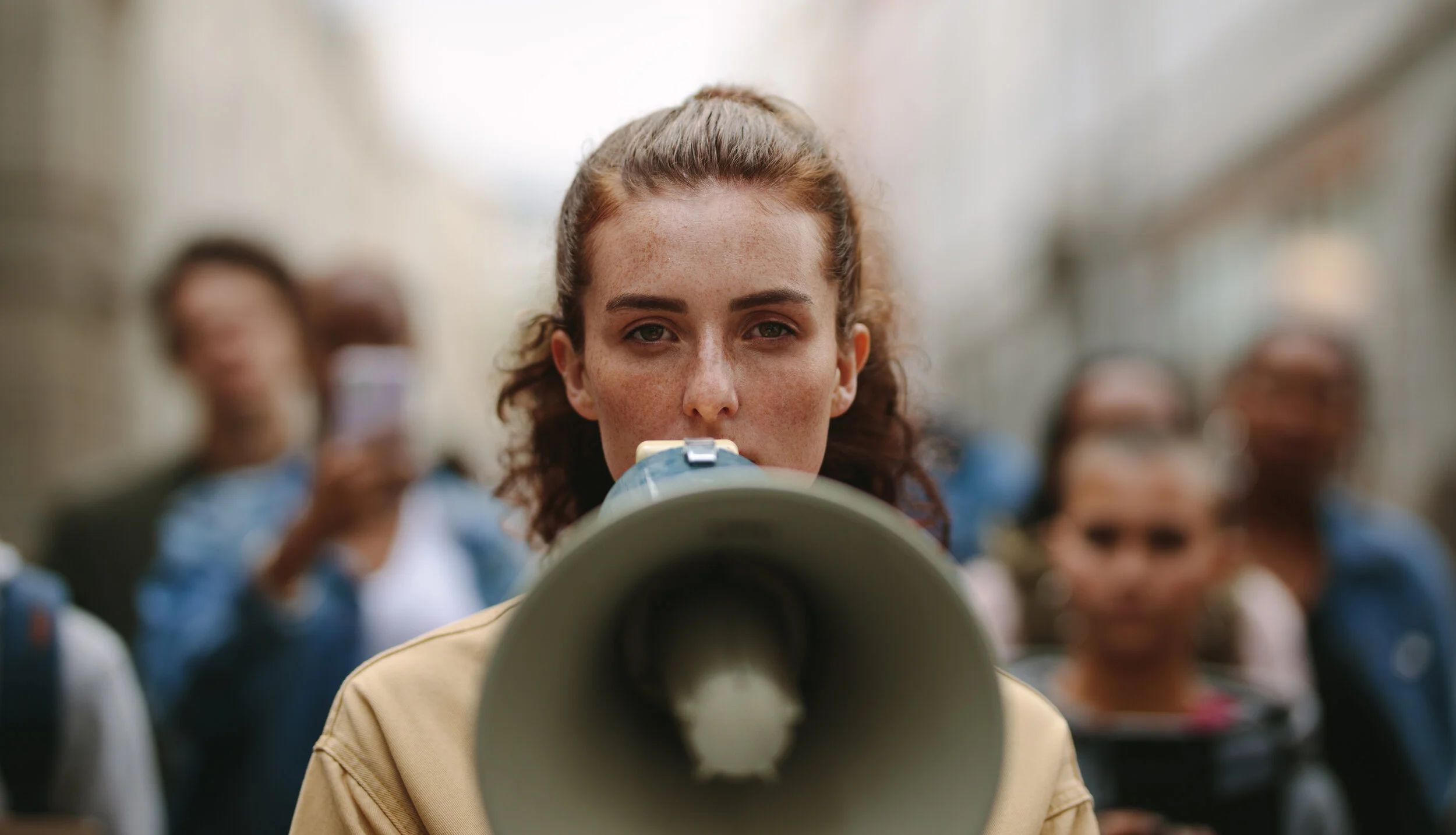

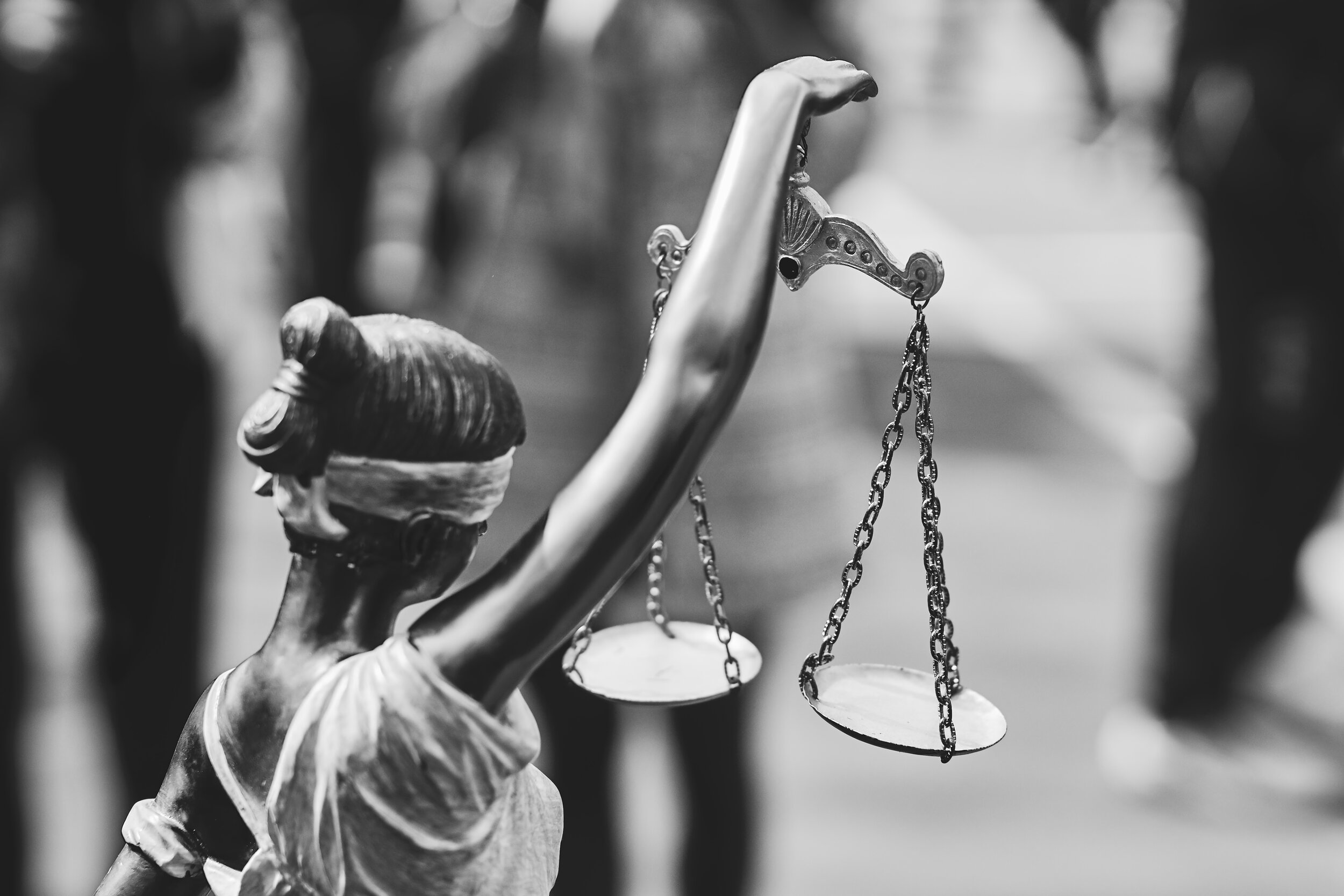
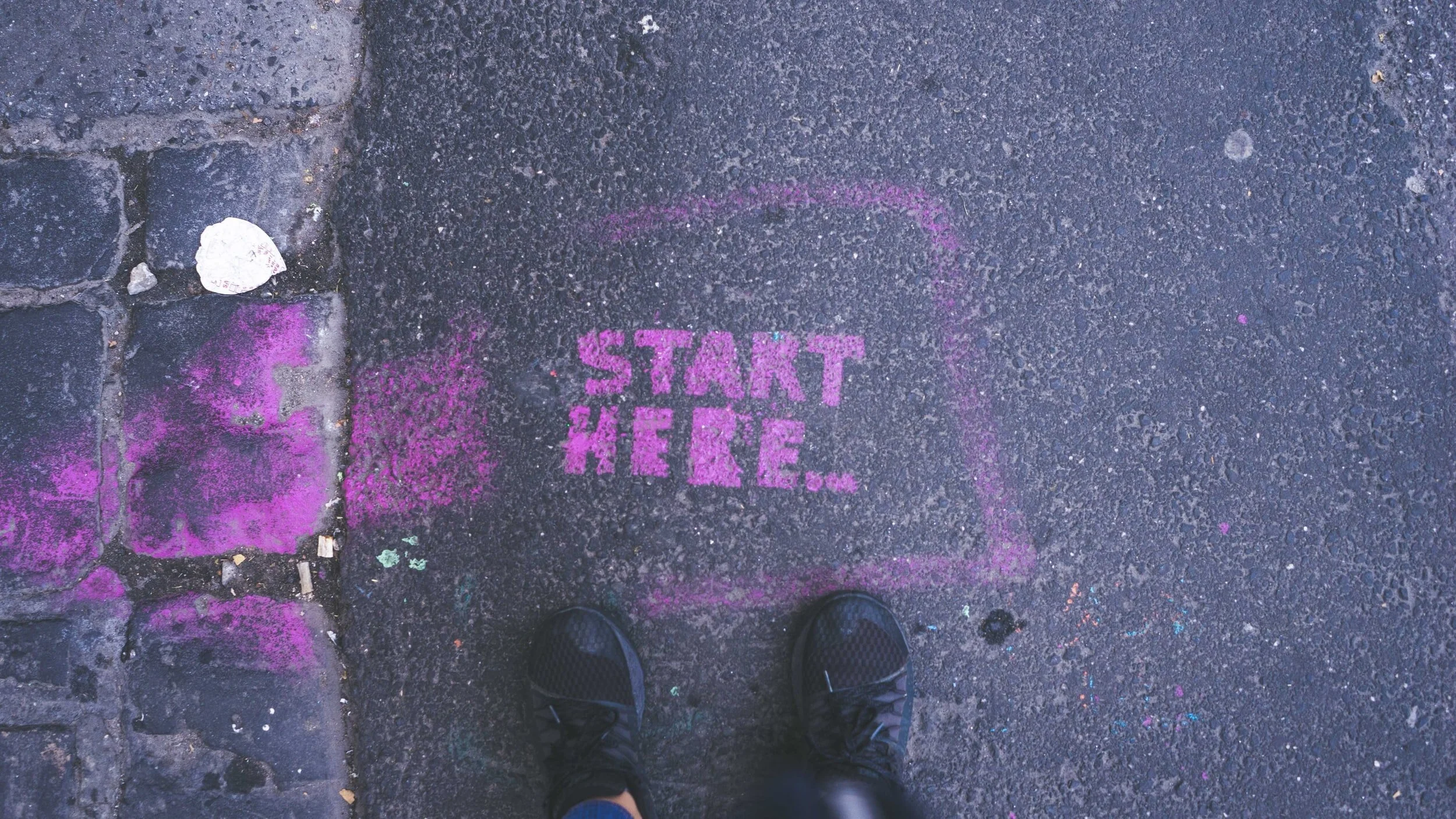
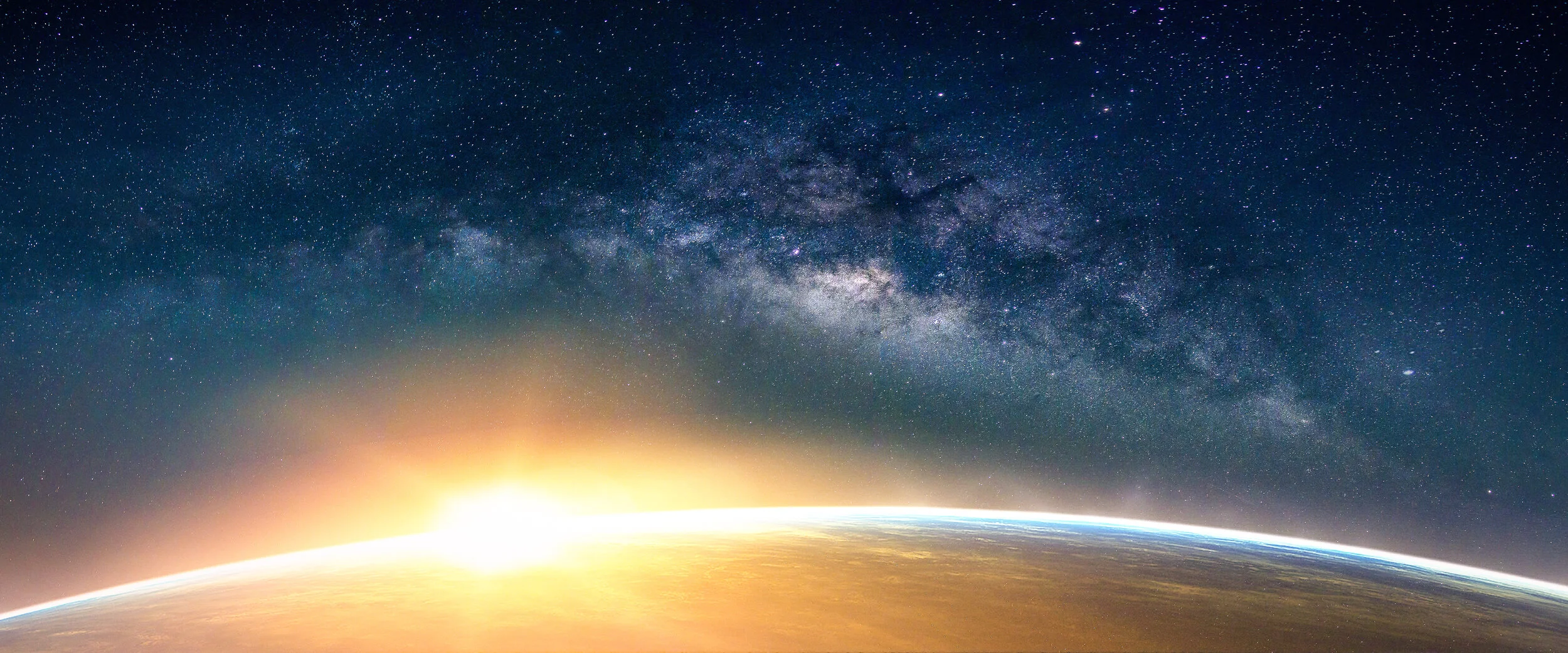





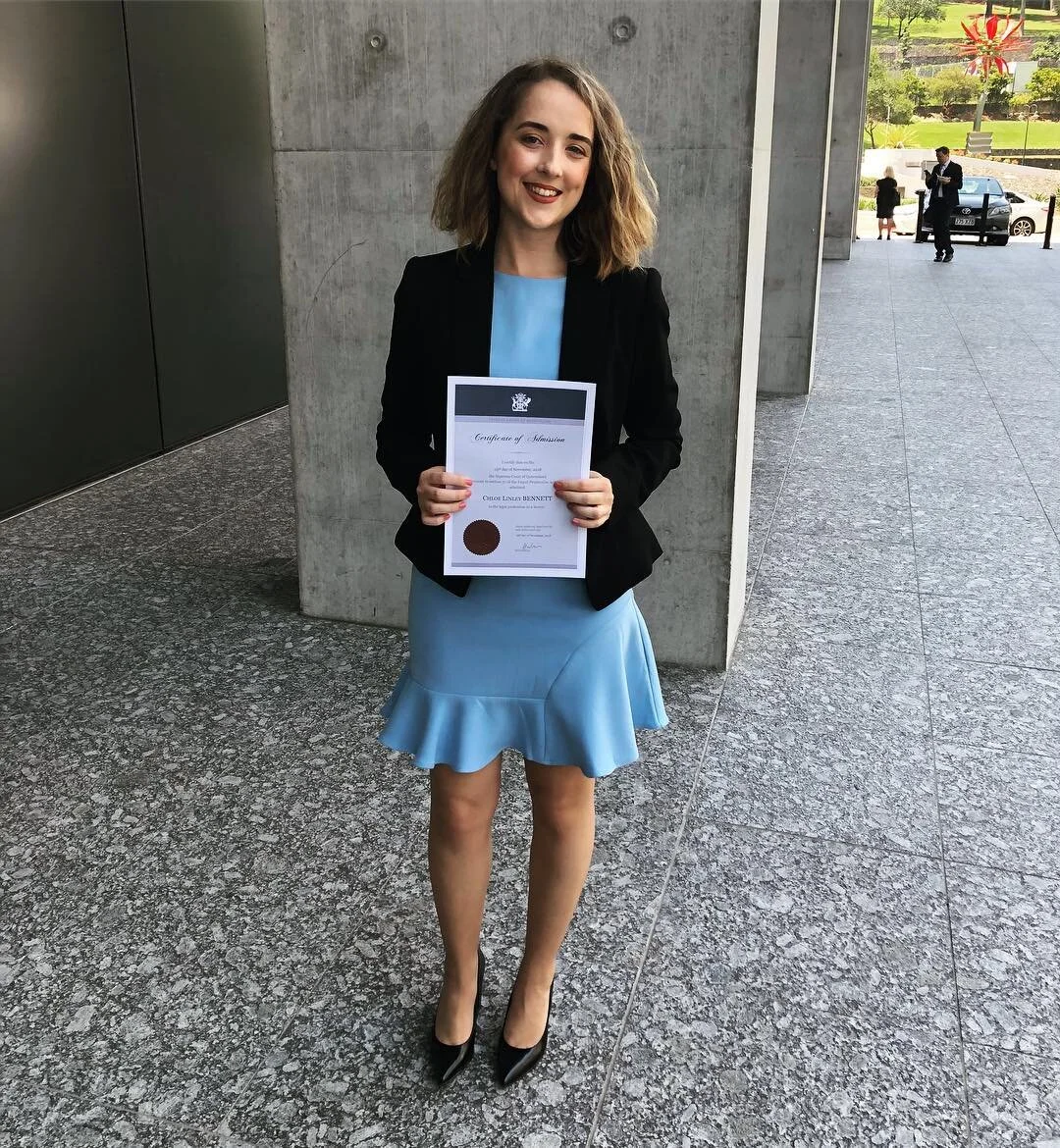
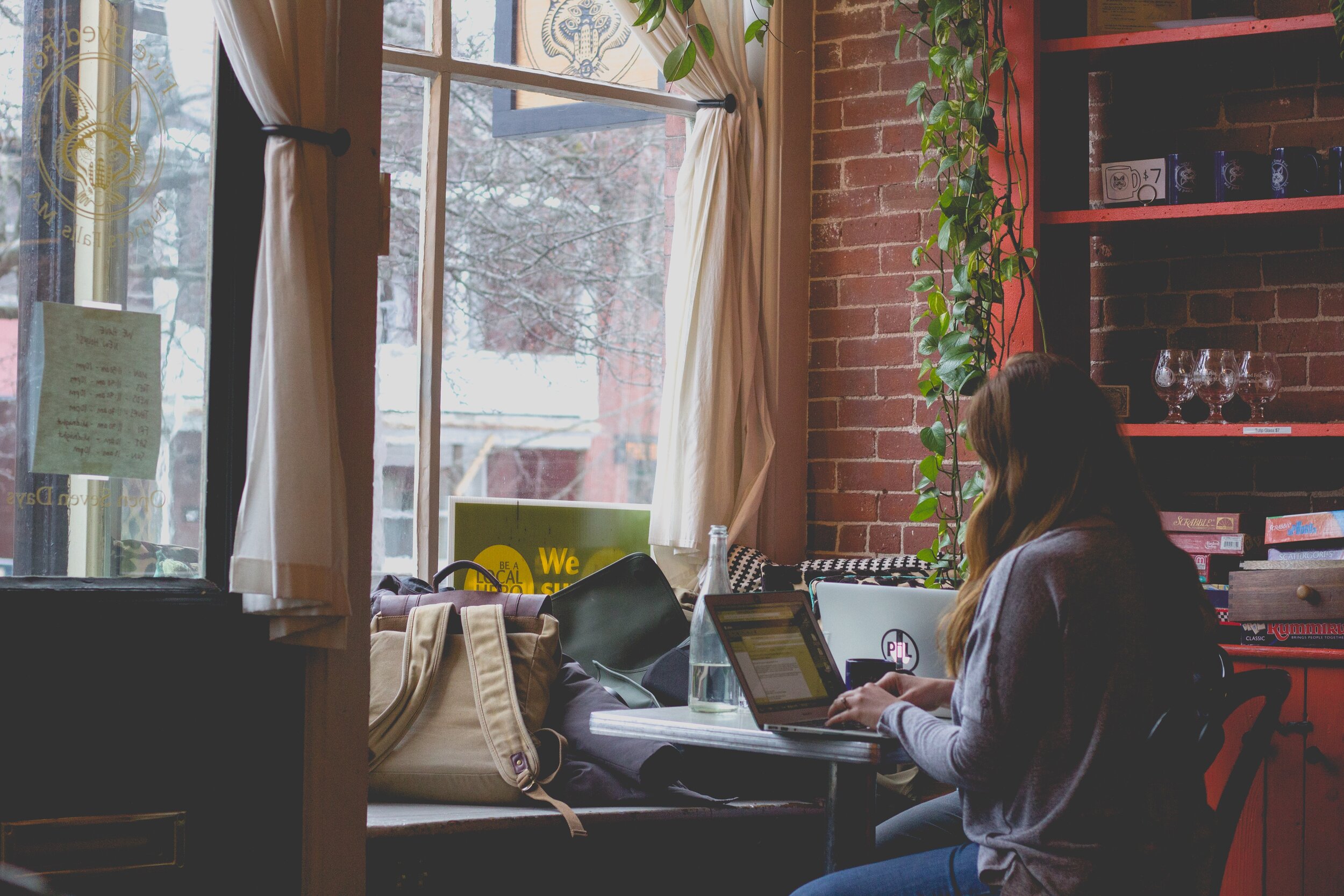
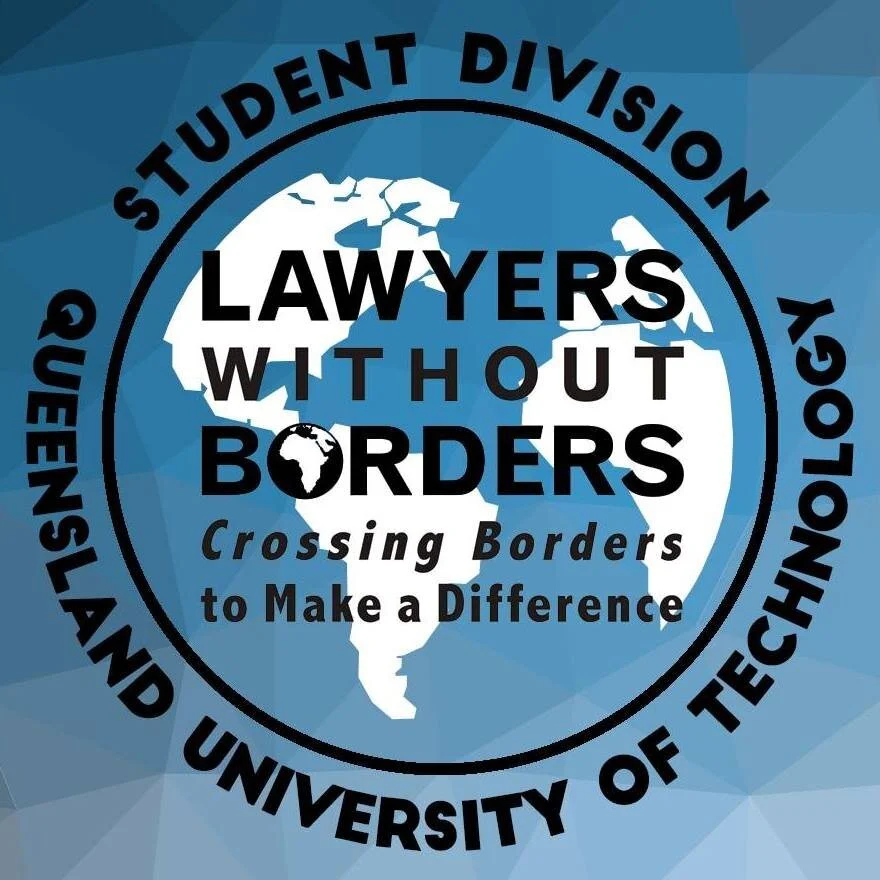




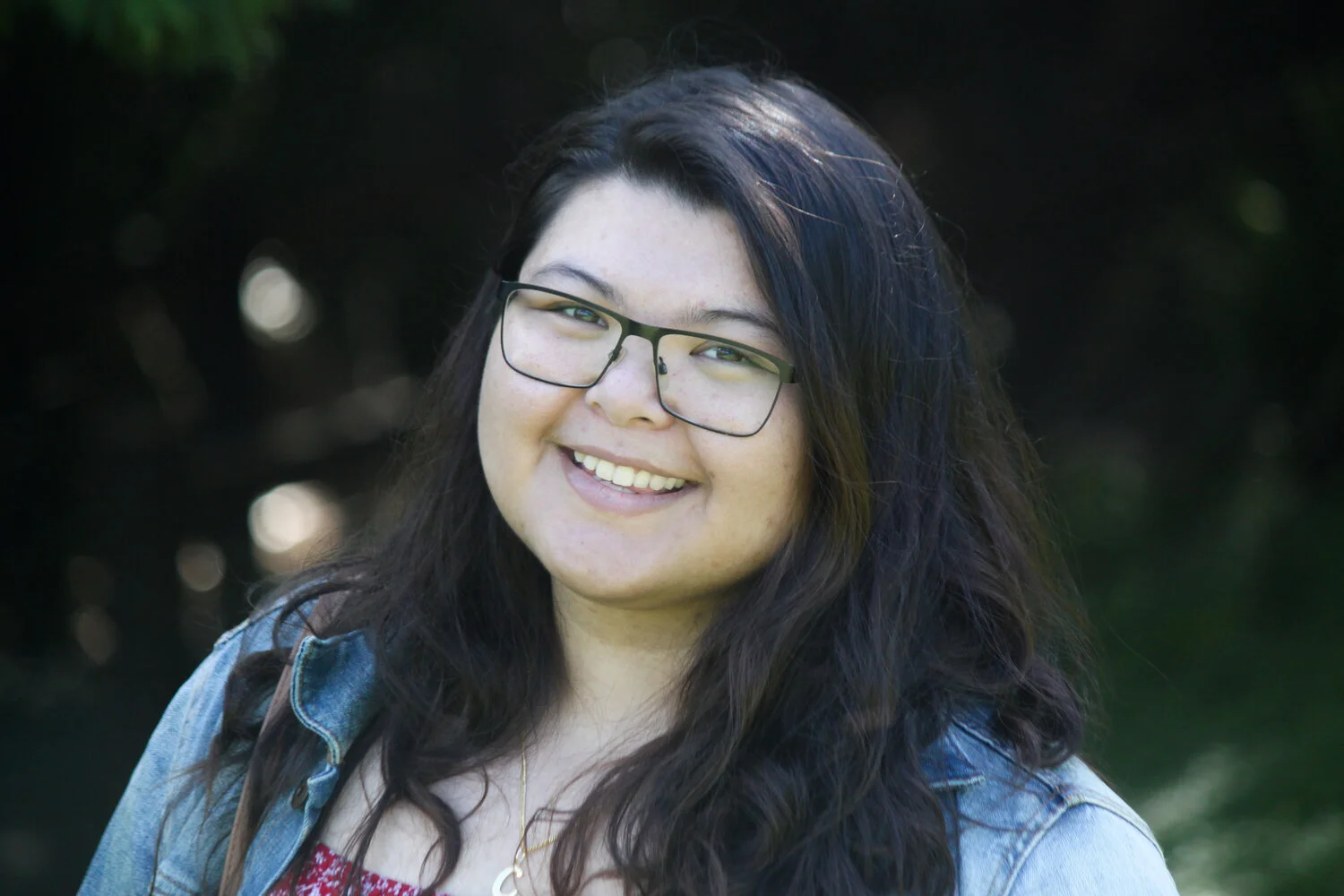



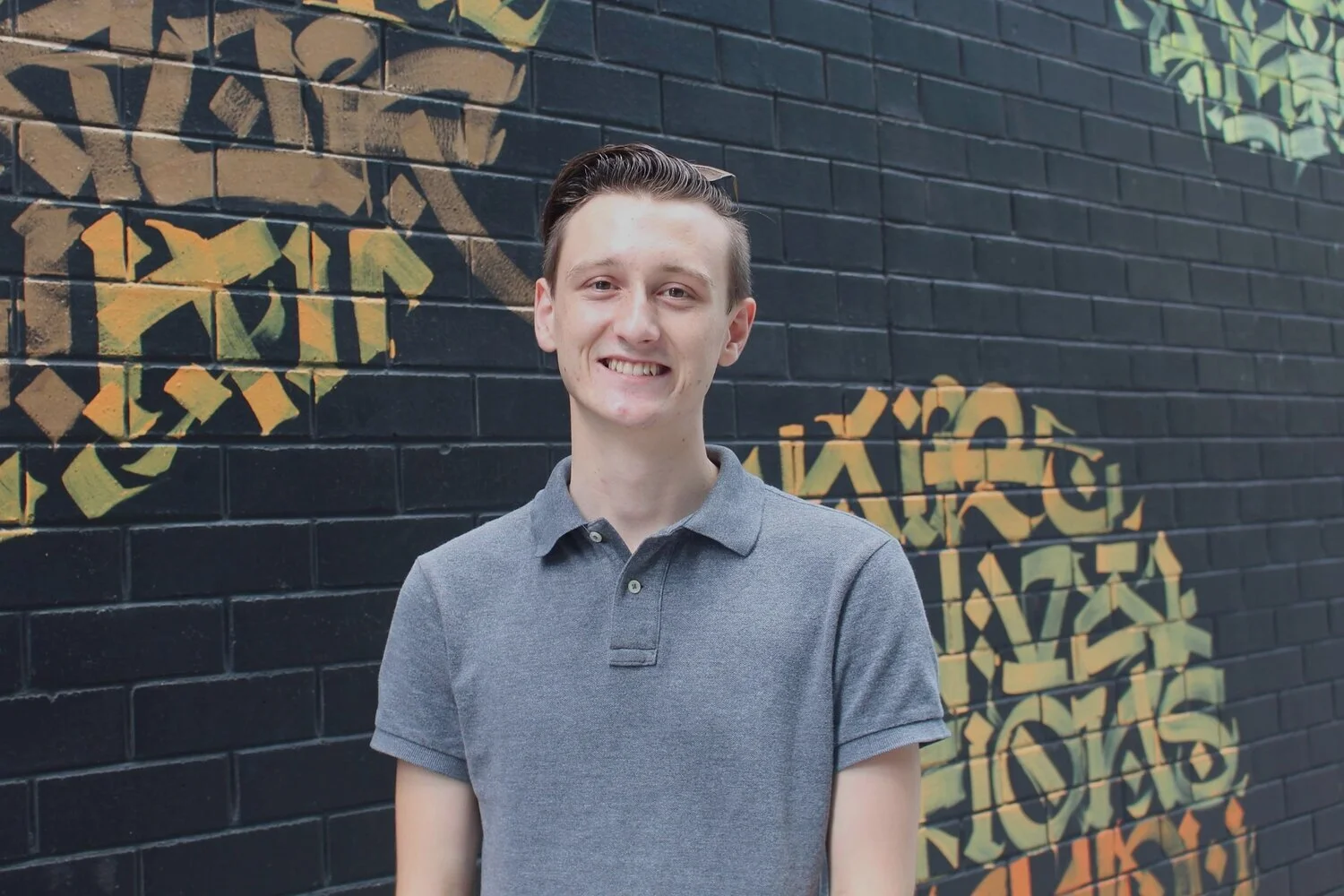



![From the Law Reports: YZ v The Age [2018] VCC 148](https://images.squarespace-cdn.com/content/v1/60e51c4ba8ce0e29b116f3c8/1626685607433-HBUNXI7OFUYK2ZOCTP9M/unsplash-image-zeH-ljawHtg.jpg)
